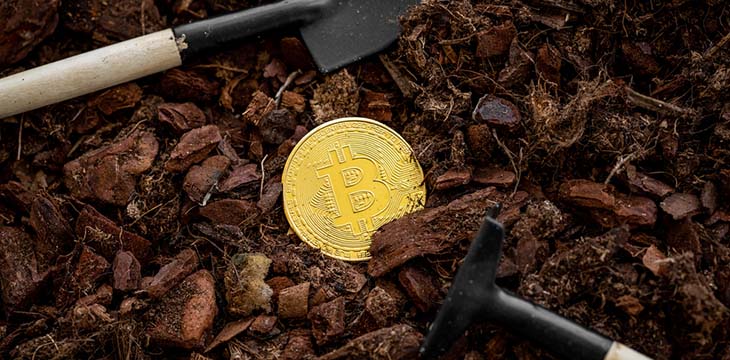|
Getting your Trinity Audio player ready...
|
Contrary to common belief, recovering blockchain-based digital assets is possible.
The original blockchain, Bitcoin, was designed by Satoshi Nakamoto to comply with the law, including recovering coins and tokens.
While millions of theft and fraud victims are unaware of digital asset recovery, it is possible. In this article, I’m going to explain how it’s done and why it’s important.
How digital asset recovery works on Bitcoin SV
Bitcoin SV (BSV) was the first blockchain to enable digital asset recovery, but it won’t be the last. To learn how this is possible, it helps to understand the process. Here’s how it goes.
First, those who have lost coins or had them stolen need to prove their ownership. This can be done by showing evidence, such as purchase receipts. When they’ve done so, they need to obtain a court order or the equivalent.
Next, a notary will convert the court order into a machine-readable format and transmit it to the mining network. Miners on BSV run blacklist management software as an add-on to their node software.
Miners then respond to the notaries’ app, confirming they have received the order. Once enough miners have responded, the notary activates a consensus freeze order.
From this point on, honest nodes reject any attempt to spend coins on their frozen list.
Finally, an asset recovery tool can be used to reassign misappropriated or lost coins. Miners execute a transaction to send coins to their legally established owners. Miners who ignore such orders open themselves to contempt and other legal claims and risk having their blocks orphaned, causing financial loss and potentially wiping out their investment.
Why is digital asset recovery so important?
While some of an anarchist bent will repeat the mantra ‘not your keys, not your coins’ without critical thought, the truth is obvious to anyone with common sense: taking someone’s coins does not make you their legal owner.
Truthfully, Satoshi Nakamoto always had digital asset recovery in mind, and that’s why he built an alert system into the first version of Bitcoin. While it didn’t scale as he designed it, solutions could have been built, but instead, misguided developers removed it in Satoshi’s absence, fundamentally changing the nature of his electronic cash system.
Yet, the ability to recover digital assets is essential if Bitcoin and other blockchains are to gain the confidence of both regulators and users. Why would any Fortune 500 or even a smaller company or person keep assets on a blockchain in the knowledge that, if they are stolen, there’s nothing they can do?
Bitcoin was always designed to comply with the law, and coins/tokens are treated as property under it. This means they are owned by people and entities, and despite what those who view Bitcoin as a tool for subversion of the law say, property rights will apply to coins of all kinds.
Looking back, we can see that courts, regulators, and people in power always have a period in which they have to play catch up when new technologies emerge and gain adoption quickly. That period has arrived for blockchain technology, and you can bet your bottom dollar that property rights will apply when the ink dries on the laws they pass.
If blockchain technology is to reach its potential, transforming every industry on earth and ushering in a new era of transparency and prosperity, digital asset recovery will be necessary. While it’s only possible on BSV right now, digital asset recovery processes can be implemented on BTC and BCH, and in due course, they will be.
Join us at the London Blockchain Conference
The biggest blockchain technology conference in the world is going to take place in London this year between May 31 and June 2. We invite you to join us there to discuss how massively scalable blockchains will change the world, including by making digital asset recovery possible.
This is not a strictly BSV conference. Builders, entrepreneurs, and thought leaders working on other blockchains are welcome as long as everything they do is legal. While promoting illegal securities is not welcome at the conference, ideas, discussion, and debate from various perspectives are.
Secure your ticket to the London Blockchain Conference today. What you’ll see just might blow your mind!
Watch: Digital Asset Recovery on Bitcoin Explained

 03-01-2026
03-01-2026 




